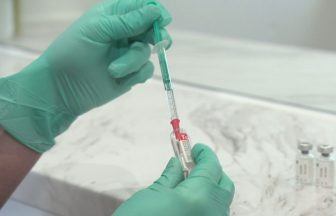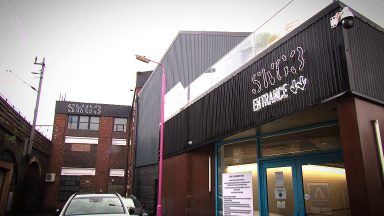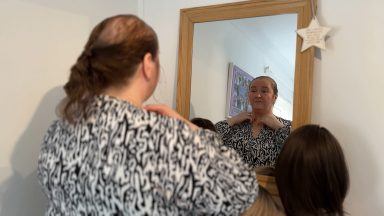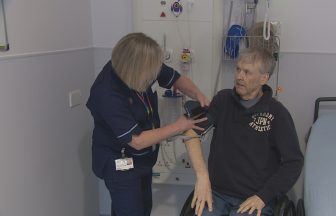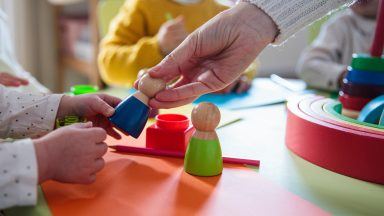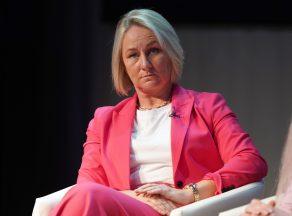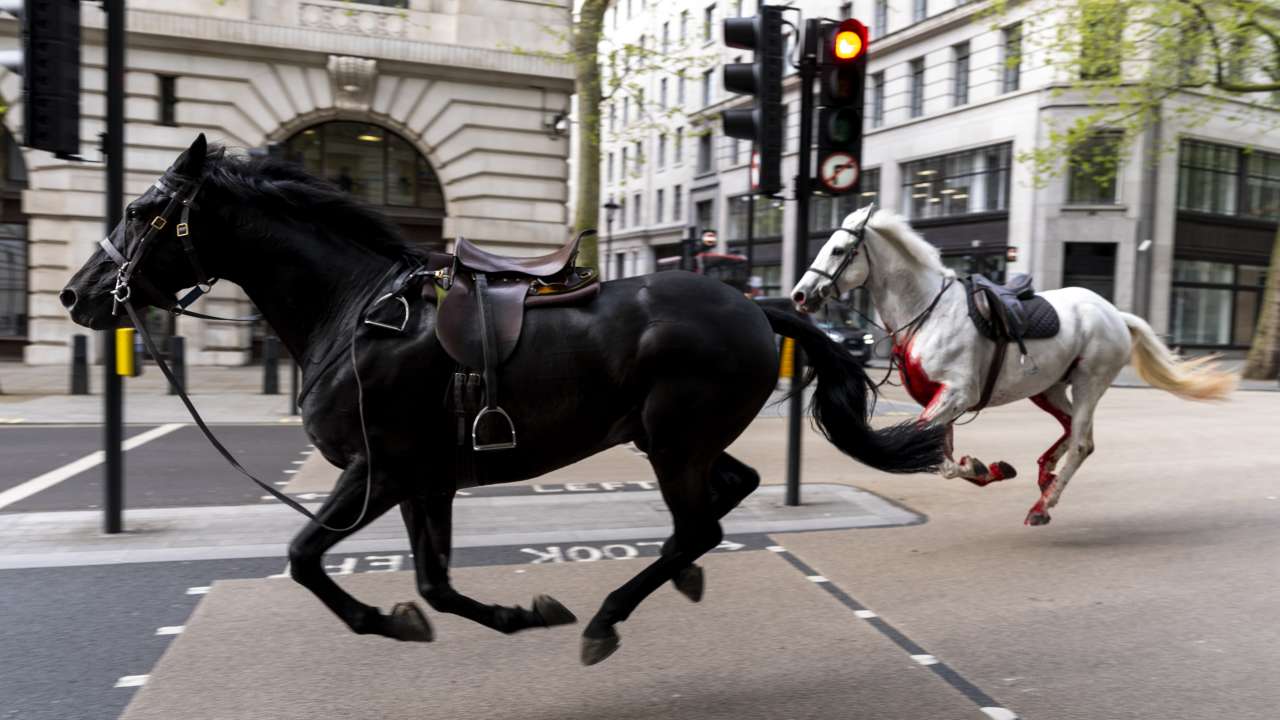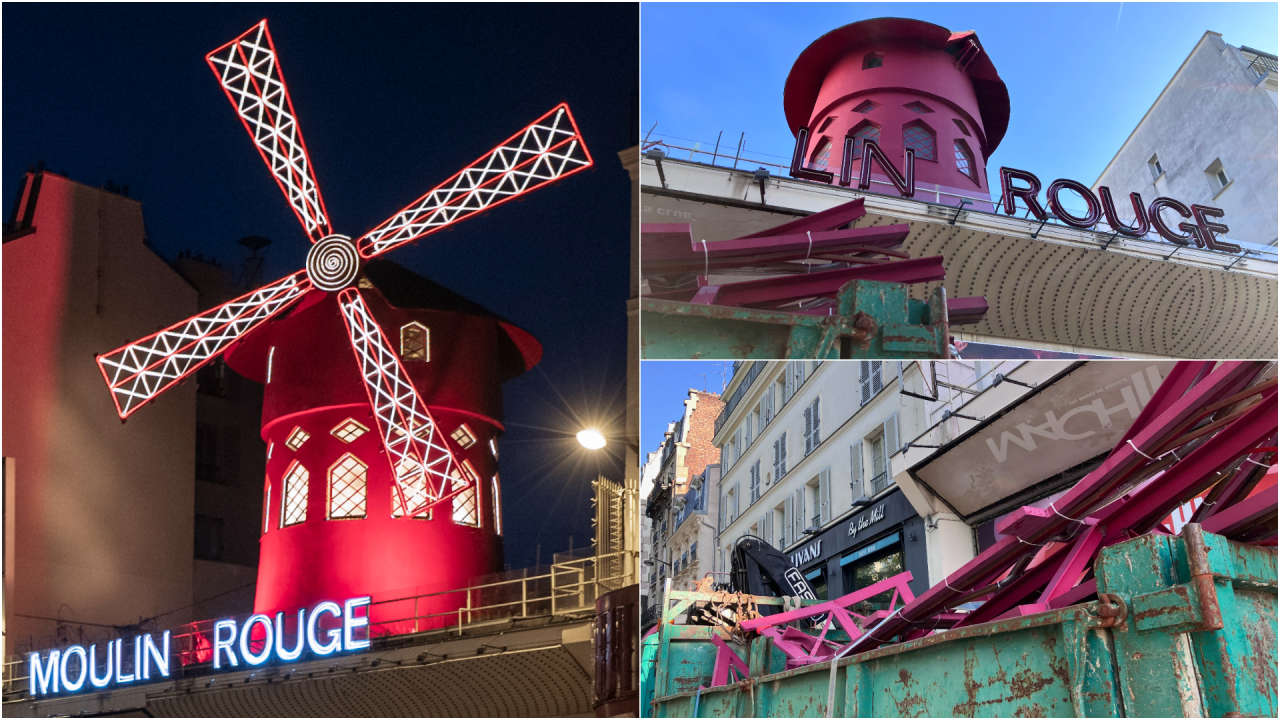Young people across Scotland are reporting an increase in online bullying since lockdown began, according to an education charity.
Time for Inclusive Education (TIE) surveyed 1,015 youngsters aged 12 to 24 and found they had seen or experienced an increase in online bullying and prejudice during the lockdown.
The charity found that 47% of those asked had felt there was an increase, with over half reporting that this had been happening more than usual.
Meanwhile, 59% of young people had witnessed an increase in online prejudice and trolling, with racism, homophobia, and hurtful posts related to body image and physical appearance the most commonly reported.
Lesbian, gay, bisexual, and transgender (LGBT) young people were also found to have faced higher levels of online bullying, with over half witnessing more homophobia on social media platforms – and 60% of LGBT youth seeing or experiencing online bullying.
The charity is now calling on social media companies to take more responsibility for the content being posted on their sites.
TIE co-founder Liam Stevenson said: “These findings should serve as a stark reminder that social media companies have an ethical responsibility to step up their actions when it comes to protecting young people from the bullying, trolling and hateful content that they are clearly being exposed to while accessing their platforms.
“As the parent of a primary school pupil myself, I recognise that my daughter is not immune from witnessing online prejudice, and being made to feel upset by others on online platforms.
“We hope that the Scottish Government and Local Authorities will take account of these findings when planning the recovery from this pandemic, and consider how to best support learners who may have witnessed or experienced online bullying and prejudice when they return to their schools, colleges and universities.”
Girls and young women were 13% more likely than their male counterparts to experience harmful comments relating to their body image and physical appearance.
Erin Mwembo, an 18-year-old from East Lothian, said that her own mental health had suffered as a result of social media abuse, and urged tech companies to “take greater accountability” for the behaviour.
She said: “Over the lockdown period, my mental health has suffered as a consequence of social media.
“It comes as no surprise that young people, especially young women, face huge body image pressures from social media.
“Personally, I have found the diet culture and pressure to look ‘perfect’ on social media, especially TikTok, a really toxic mindset. I can see how this influences and negatively impacts how young women see themselves and to the standards they hold themselves to.”
She added that homophobic and transphobic slurs have become normalised online, and little repercussions come from the use of them.
Follow STV News on WhatsApp
Scan the QR code on your mobile device for all the latest news from around the country




